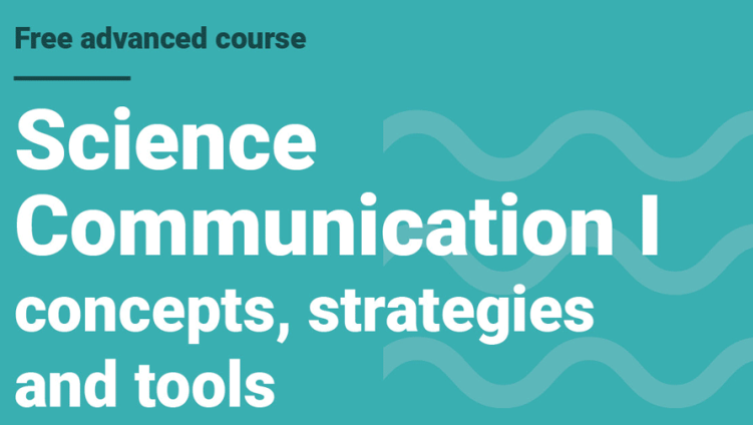Science communication courses for the research community were a success
From 27 November to 7 December, 1 8 trainees, mostly PhD students who work in CCMAR , actively participated in a series of free science communication courses. The courses exceeded the organisation's expectations: the participants gave positive feedback, confirming the importance of this course in their professional practice and how it sho uld be made available to a wider audience.
Effective science communication is an essential skill for researchers, since it enables them to communicate with the public about complex scientific concepts that they work with and guaranteeing they are understood and providing them a change to provoke change.
Because of this, organized as part of the BridgingAll p roject, Rita Costa Abecasis, Anaís Guerra and Sofia Dias , members of the Science Communication Unit, provided the theoretical foundations and practical skills for communicating science through writing and speaking in these courses Both included several exercises that allowed participants to test their knowledge and to give and receive feedback.
The first course, entitled “Concepts, Strategies and delved into the theoretical basis and good practices for science communication, promoting the critical thinking in defin ing the best formats, channels and messages to use to reach different audiences, while also seeking to develop the skills to write adapted content.
“It was a great course, the possibility of interact with the speaker and each other was a very good way to keep us engage, and the several practical activities was the best way to fix all the knowledge”, one of the participants wrote anonymously in the fin al feedback form.
The second course, named “Public speaking for different audiences”, focused on developing impactful presentation skills. Participants learned to manage nerves, structure presentations effectively, use verbal and non verbal techniques, and properly use visual aids such as PowerPoint presentations. “Throughout the course, we were consistently placed in situations that challenged us, which proved to be both demanding and necessary for unravelling our main insecurities”, shared one of the participants.
In conclusion, these courses, through the BridgingAll Project, have equipped participants with the necessary tools to excel in science communication, empowering them to share their knowledge effectively with diverse audiences . The courses ended with participants expressing a desire for further editions and emphasizing the importance of the training being available to a wider audience.
The BridgingAll project is funded by Iceland, Liechtenstein and Norway, through the EEA Grants and by the Directorate General for Maritime Policy, Ministry of the Sea, promoted by the Faculty of Science and Technology of the University of the Algarve and h as the Algarve Marine Science Centre (CCMAR) and the University of Akureyri (Iceland) as partners.



